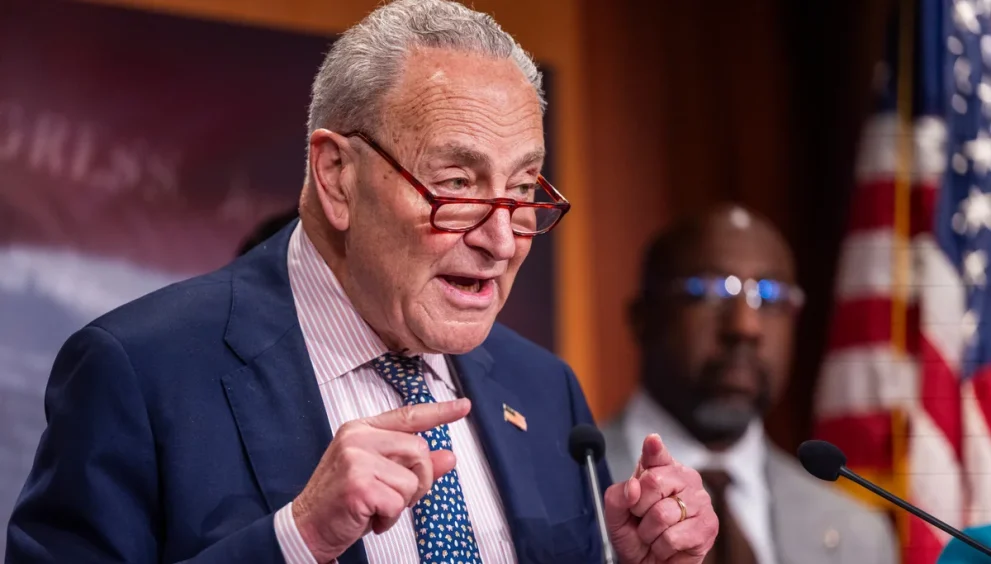Senate Majority Leader Chuck Schumer stated on Tuesday that the ongoing U.S. government shutdown could continue into November, coinciding with the expiration of key Affordable Care Act tax credits. The lapse of these credits is expected to lead to higher health insurance premiums for millions of Americans as open enrolment begins, increasing pressure on lawmakers to reach a resolution.
The shutdown has already resulted in hundreds of thousands of federal employees being furloughed, with many others required to work without pay. Federal nutrition assistance programs are also nearing critical funding deadlines. Despite these mounting challenges, both Senator Schumer and Senate Majority Leader John Thune have shown limited movement toward ending the standoff or alleviating its broader effects.
On Tuesday, the Senate voted for the 13th time against a temporary funding bill, as Democrats continued to urge Republicans to extend the expiring Affordable Care Act tax credits. Without an agreement, premiums are projected to rise sharply for millions of Americans enrolling in 2026 coverage when the healthcare marketplace opens on Saturday.
“On November 1, people in more than 30 states are going to be aghast – aghast – when they see their bills, and they’re going to cry out. And I believe there will be increased pressure on Republicans to negotiate with us,”
Schumer told reporters when asked about his strategy to end the shutdown.
Democrats have maintained that extending the expiring health insurance tax credits is a necessary component of any funding agreement, while Republicans have insisted that the government must first be reopened before further policy discussions proceed.
If unresolved, the current partial shutdown will become the longest in U.S. history next Wednesday, surpassing the 35-day closure that occurred during the 2018–2019 period.
Additionally, more than 41 million individuals are at risk of losing Supplemental Nutrition Assistance Program (SNAP) benefits at the end of this month, as the funding impasse continues to block program renewal.
During a Senate policy luncheon on Tuesday, Republican members discussed the possibility of introducing narrowly focused legislation to provide pay for troops, air traffic controllers, and to extend SNAP benefits. However, Thune later dismissed this approach after Democrats voted down a Republican proposal to pay federal employees, military members, and contractors who have continued working during the shutdown.
“I don’t understand the thinking or the rationale behind doing these one-off rifle shots,” Thune told reporters. “Why wouldn’t you just open it up and have everybody get their benefits?”
Schumer responded that Democrats would introduce their own legislation to continue food assistance, though such a proposal is unlikely to gain Republican support.



